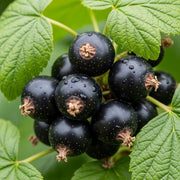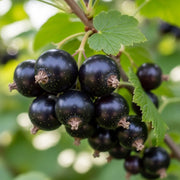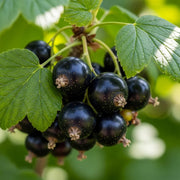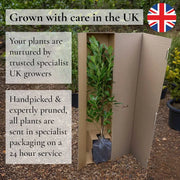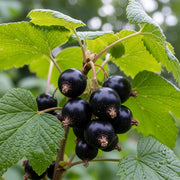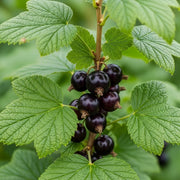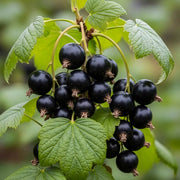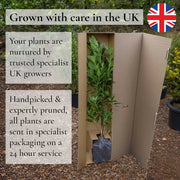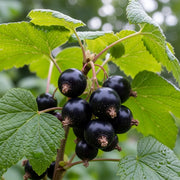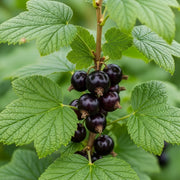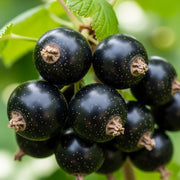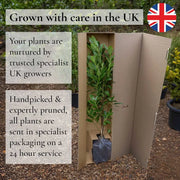Easy-Grow Blackcurrant Bushes: Bountiful & Delicious
Explore our superb collection of blackcurrant bushes, ideal for cultivating delicious, vitamin-rich fruit right in your own garden. Easy to grow and incredibly rewarding, these robust plants promise a bountiful summer harvest perfect for jams, desserts, and refreshing drinks.
Explore our superb collection of blackcurrant bushes, ideal for cultivating delicious, vitamin-rich fruit right in your own garden. Easy to grow and incredibly rewarding, these robust plants promise a bountiful summer harvest perfect for jams, desserts, and refreshing drinks.
Show More
